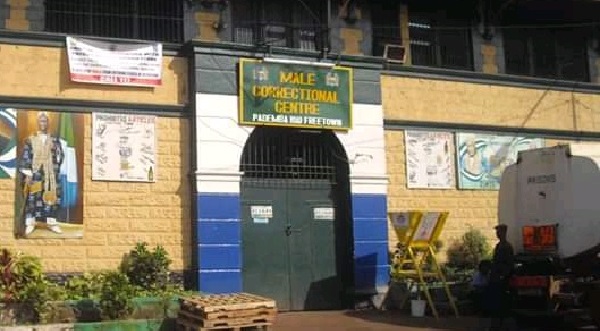Momodu Rakib, a Nigerian businessman who was arrested at Freetown International Airport with 20 pallets of cocaine, has been granted access to a medical examination while being held at the Male Correctional Center in Freetown.
The decision was made by Magistrate Kekura during a court hearing on Rakib’s case, where both the prosecution and defense presented their arguments.
State Prosecutor I. A. Kamara informed the court that the testimony of the first prosecution witness could not be completed due to unavoidable circumstances.
Meanwhile, defense lawyer Sulaiman Mohamed Kargbo raised concerns about Rakib’s health and the whereabouts of several personal items that were in his possession at the time of his arrest.
According to Kargbo, Rakib has repeatedly inquired about his missing Samsung A71, Samsung S20, iPhone 15 Pro Max, and a brown belt.
Kargbo argued that under Section 59, Subsection 1, of the Criminal Procedure Act, the court is obligated to return the personal property of an accused individual upon arrest.
He further requested that, if the court could not return the items at this stage, it should at least confirm their safety.
In response, Prosecutor Kamara objected, stating that the items had not been marked as exhibits in the case and therefore could not be returned until the conclusion of the trial.
He emphasized that such matters would only be resolved once the case had been fully adjudicated.
After hearing both arguments, Magistrate Kekura ruled that the missing items be brought before the court on the next adjourned date to become part of the official court record.
Additionally, Kargbo expressed concerns about Rakib’s declining health and requested a medical examination. Kamara did not oppose the request, and Magistrate Kekura granted the application for a thorough medical assessment at the Correctional Center.
However, the magistrate refused to grant bail to the accused.
The case has been adjourned to Thursday, October 10, 2024, when the court is expected to further deliberate on the matter, including the status of the accused’s personal property and his medical condition.











